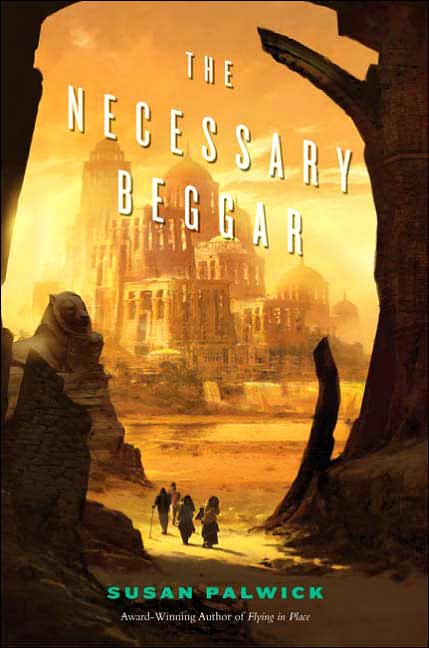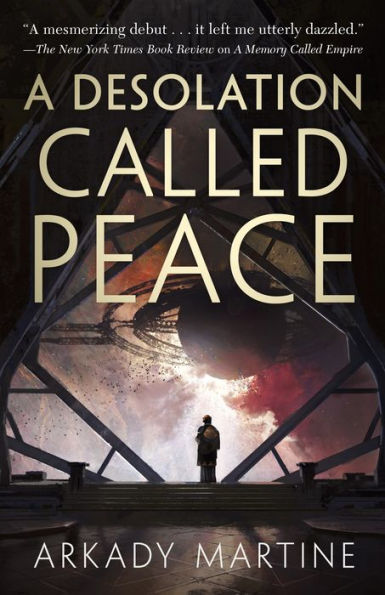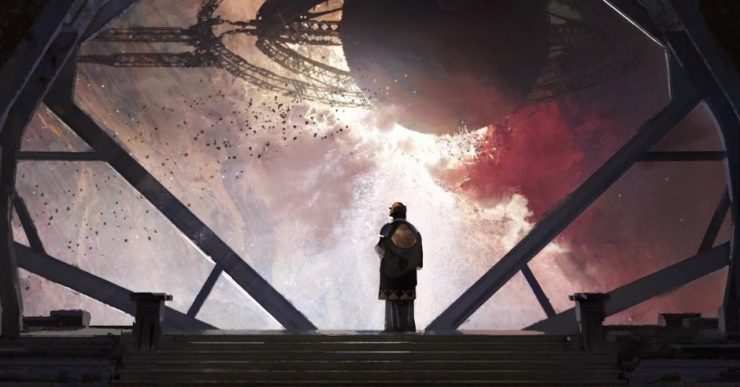In my youth, love seemed always around the corner, sticky sweet as summer popsicles, sudden and quick as a lightning strike, the only thing holding it back was the ripe promise of tomorrow or a door opened. In short, love seemed easy. But with time, all the things with the potential to hold love back gradually made themselves known: the walls erected around us by society or that we foster within ourselves. Love, I eventually learned, was complicated and slow, needed battling our worst natures, undoing what we’d been taught, reaching across time and space to nurture. Wars were fought over it. Wars ended because of it.
My favorite books are often fantastical, featuring werewolves, alien arrivals, and superheroes. But what makes them the books I’ll love forever is that whatever boundaries, walls, obstacles, and internalized taboos exist in their worlds, the characters’ attempts to reach across boundaries simmer deep. Sometimes these attempts end in tragedy, limitations that continue to confound, romanticizations that reveal themselves to never have been true. Sometimes they end triumphantly, the characters emerging into new understandings of themselves, what they are capable of, and the possibilities of their love.
When I was writing The Rock Eaters, I knew I wanted the stories featuring alien arrivals, virtual reality, ghosts, angels perched on rooftops, Latin American superheroes, and Latina girlhood, to ultimately be about this attempt to love across boundaries. What good is a story about people living in quarantine boxes escaping to virtual reality if it can’t reveal the experience of isolation, and how far were willing to go to connect with each other? What good is a story about superheroes if it isn’t about the superhuman attempt to save what we love most? And what good are angels if they can’t guard over two girls clinging to their love in the midst of violence?
These are five science fiction and fantasy novels I turn to for inspiration that are about love tearing down walls, love building new bridges, love desperate to overcome culture, love breaking the worlds that have failed it, love demanding we envision the new worlds (werewolves, alien portals, telekinetic powers!) that would allow it to thrive.
The Devourers by Indra Das

Werewolves in India encounter humans as prey, forgetting that they used to be human themselves. When one human on her search for revenge against them confounds their expectations, demanding that her own hopes for herself and her child be acknowledged, it upends werewolf-human encounters for centuries. The love here, both romantic and familial, is tragic, transformative, and ultimately requires tearing down the boundaries that the characters have between each other and between their own multiple selves.
Ink by Sabrina Vourvoulias

A dystopian future of America (and yet one all too realistic and close to home, echoing Japanese internment camps during WWII) where birth citizenship is stripped retroactively from people of immigrant descent, given identifying tattoos with their denaturalized status, and ultimately sent to immigration camps. Two young people, one behind bars because of her ancestry and one free and privileged with the “right kind” of citizenship, betray their fears to reach across difference and literal bars to save themselves and America.
The Necessary Beggar by Susan Palwick

This story flips the typical portal fantasy on its head: instead of us walking through a portal into another realm, its people from another realm that walk through a door into ours, straight into a refugee internment camp. Our world ends up looking just as strange and twisted as any Wonderland, especially all the different rules and rationalizations we use to categorize and alienate each other. There are so many love stories in this tale of one family’s banishment and the people they touch in America, and all must come to understand each other to save themselves in this new land.
A Desolation Called Peace by Arkady Martine

While the first book in this series, A Memory Called Empire, was primarily about colonialism and the culture differences between people of an empire versus people from an independent outpost station trying to preserve its autonomy, in this sequel the love story gets more of a starring role. Here, the ambassador from the outpost station and her counterpart from the empire struggle with the many ways that loving across cultures can lead to misunderstanding and exotification, wondering if they can surmount all that stands between them.
Riot Baby by Tochi Onyebuchi

At first glance, this book may not read like a love story. Race in America is this book’s primary subject matter, and anger at injustice is its primary voice. But threaded through this anger is the love between a brother and a sister, both trying to push past their own flaws, their power, their powerlessness, and the incredible burdens the country has forced upon them. It’s the fraternal love between them that carries this book towards its ecstatic end.
Buy the Book


The Rock Eaters
Brenda Peynado’s stories have won an O. Henry Award, a Pushcart Prize, the Chicago Tribune’s Nelson Algren Literary Award, selection for The Best American Science Fiction and Fantasy and The Best Small Fictions, a Dana Award, a Fulbright grant to the Dominican Republic, and other awards. Her fiction appears in The Georgia Review, The Sun (London), The Southern Review, The Kenyon Review, The Threepenny Review, Prairie Schooner, and more than forty other journals. She received her MFA at Florida State University and her PhD at the University of Cincinnati. She currently teaches in the MFA program at the University of Central Florida. The Rock Eaters is her first collection.










